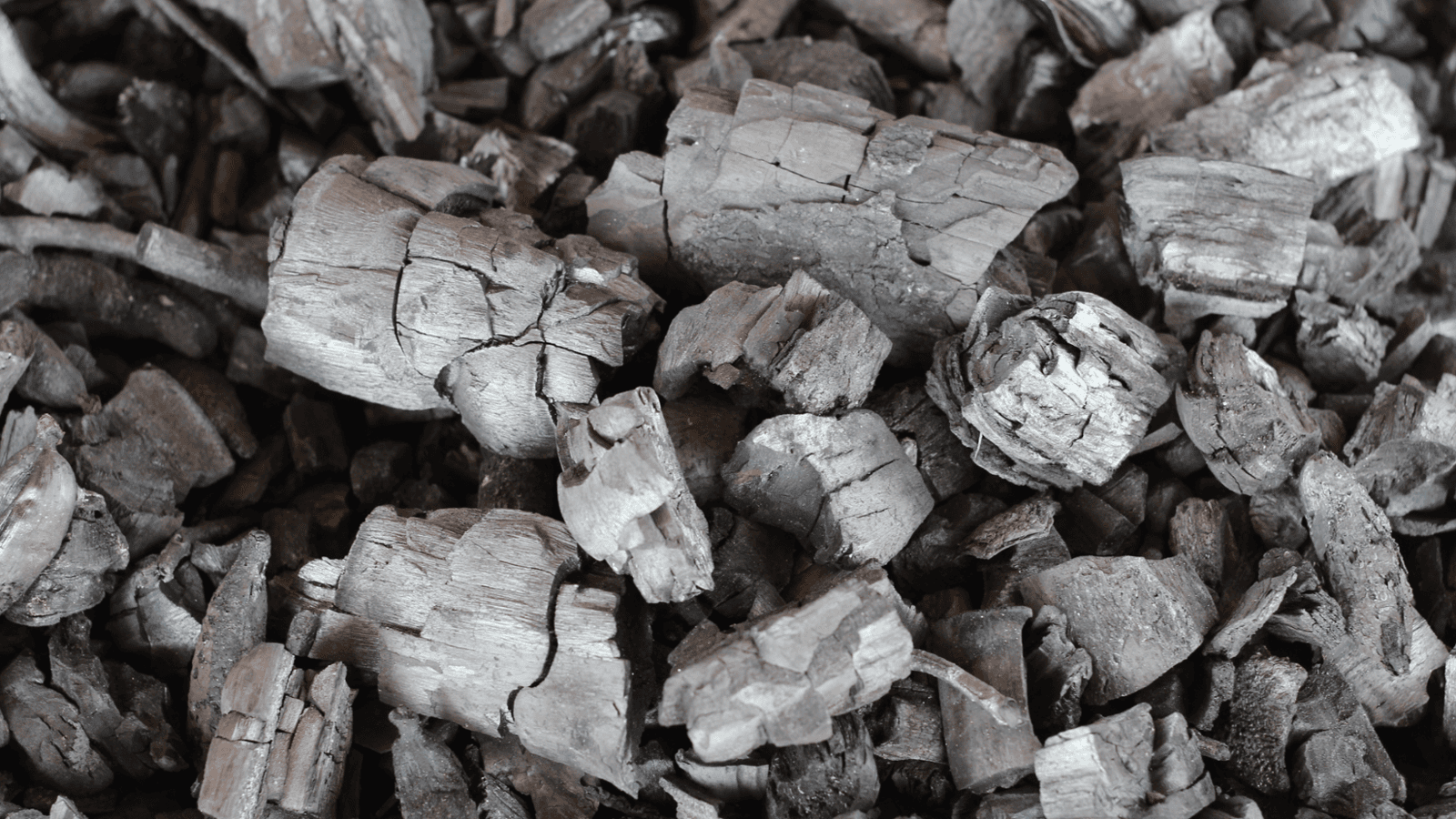
In the oil and gas industry, the imperative to adopt sustainable practices has never been more pressing. As global awareness of climate change and the escalating impacts of carbon emissions intensify, the sector faces mounting pressure to pivot towards greener technologies and significantly curtail its carbon footprint. One promising solution that is beginning to gain traction is biochar—a carbon-rich material created through the pyrolysis of organic biomass. Biochar represents a transformative opportunity for the industry, offering potential reductions in CO2 emissions and contributing to more sustainable operations. By integrating biochar into various stages of oil and gas extraction and processing, the industry could achieve significant environmental benefits while aligning with global sustainability goals. This blog explores the potential of biochar in the oil and gas sector, highlighting its advantages, applications, and the disruptive impact it could have on the industry's carbon management strategies.
What is Biochar?
What is Biochar?
Biochar is a carbonaceous, solid material from heterogeneous organic matter sources such as agricultural waste and forestry residues. Pyrolysis involves the heating of biomass in the absence of oxygen, producing biochar, bio-oil, and syngas. Of these, what makes biochar so special is its exceptional properties that make it outstanding in carbon sequestration and as a soil enhancer.
The Carbon Sequestration Power of Biochar
The first and most influential reason to believe that biochar will be a game-changer in reduced carbon production is the fact that it enhances the capability of carbon sequestration. In the process of making biochar from biomass, a huge percentage of carbon gets fixed into a stable form that does not allow it to be released back into the atmosphere in the form of carbon dioxide. This sequestration can last from hundreds to thousands of years, making biochar an attractive option for long-term carbon storage.
Benefits of Biochar in the Oil and Gas Industry
Benefits of Biochar in the Oil and Gas Industry
The oil and gas industry is facing unprecedented challenges as it strives to balance operational efficiency with environmental responsibility. With growing concerns about climate change and sustainability, companies are under increasing pressure to implement greener practices. Biochar, a carbon-rich material produced through the pyrolysis of organic biomass, presents a multifaceted solution to these challenges. By integrating biochar into various aspects of oil and gas operations, the industry can significantly reduce its carbon footprint, enhance soil rehabilitation, manage waste more effectively, and improve water treatment processes. Beyond its environmental benefits, biochar offers substantial economic advantages, making it a compelling choice for companies seeking to innovate and comply with sustainability goals.
1. Carbon Footprint Reduction: Introducing biochar into different phases of oil and gas operations can significantly minimize the carbon footprint of the industry by replacing carbon-intensive materials with biochar or using it to enrich soil during restoration works to gain relevant carbon offsets.
2. Soil Improvement: Biochar increases the structure of soil, water retention, and accessibility of nutrients for plants. This, therefore, in the oil and gas industry, means that areas taken over by extraction-related activities can be successfully rehabilitated and made to support vegetation growth, thus controlling erosion.
3. Waste Management: It is an industry generating a good amount of organic wastes, like drill cuttings and spent drilling fluids. All these wastes can be pyrolyzed into biochar, turning what had been a liability into a very significant asset.
4. Water Filtration: The porous structure gives biochar the excellent ability to filter contaminants. This application of biochar can be utilized for the treatment of wastewater resulting from drilling and hydraulic fracturing to reduce their effects on the environment.
5. Economic Benefits: Some of the advantages of using biochar are grounded in cost savings, which are associated with conventional waste treatment and result in increased efficiency for restoration projects.
Biochar Applications in the Oil and Gas Industry
Biochar Applications in the Oil and Gas Industry
1. Soil Remediation and Land Reclamation
This means that most of the land where oil and gas extraction are done always suffers some degradation as a consequence. In addition, biochar can be applied for the remediation of contaminated soils by improving their fertility and structure. The use of biochar shall enable the industry to accelerate reclamation of lands that have been degraded by oil and gas extraction processes, making the hitherto unusable lands productive.
2. Waste Management and By-Product Utilization
During drilling operations, there are a lot of drill cuttings produced that are contaminated with hydrocarbons and other contaminants. All these can be pyrolyzed into biochar, hence reducing the amount of hazardous wastes besides producing a valuable product. In this way, not only are waste disposal problems resolved, but useful material is also produced that will have an application elsewhere.
3. Water Treatment
The oil and gas flow has large water volumes, especially for hydraulic fracturing. Water treatment systems can use biochar to clean the pollutants and contaminants from water so that water discharging from operations meets environmental standards. This applies mainly to those countries where there is a limited quantity of water.
4. Carbon Offset
Companies engaged in the production of oil and gas could support further investments in biochar production as part of their carbon offset strategy. By creating and applying biochar in agriculture and restoration projects, they gain carbon credits that help offset their emissions to be rated as sustainable.

Case Studies and Real-World Examples
Case Studies and Real-World Examples
Several leading oil and gas companies have begun to explore and implement biochar technologies, demonstrating their potential to revolutionize industry practices. These real-world examples illustrate how biochar can be effectively integrated into operations to address environmental challenges and enhance sustainability. By leveraging biochar's unique properties, these companies are setting benchmarks for how the industry can evolve towards greener practices, offering valuable insights and tangible benefits that underscore the material's versatility and effectiveness in reducing environmental impact.
Shell's Biochar Initiatives
Shell has been deploying biochar in pilot projects for improving soil health and remediating legacy oil extraction sites. By applying its biochar product to contaminated soils, Shell was able to reduce soil toxicity, promote vegetation growth, and restore ecosystems—a net sequestration of carbon while mitigating the long-term environmental impacts.
BP's Waste Management Solutions
BP has recently processed drill cuttings and organic waste through pyrolysis to produce biochar. In North America, BP constructed a pyrolysis facility that processed drill cuttings from the extraction of shale gas. The resulting biochar is used to enhance soil health in nearby agricultural fields, thereby lessening the environmental footprint but creating a real resource for the local farmers.
Water Treatment Projects by Chevron
Chevron is working on developing biochar-based filtration systems that would treat hydraulic fracturing wastewater. At a pilot plant in Texas, Chevron installed biochar filters and, according to the report, removed contaminants from produced water. This approach works with water to avoid or minimize its environmental impacts from fracking activities.
Challenges and Future Outlook
Challenges and Future Outlook
While the potential of biochar is huge, there are problems in its full deployment. The upfront capital investment for establishing pyrolysis plants and requirements in terms of feedstock quality and consistency are deterrents. Further, more research efforts are needed to optimize the biochar production process and also to understand the long-term behaviour of this material in its applications.
The prospects of biochar in the oil and gas sector are bright. If technological development is continuous, with costs spiralling downwards and efficiency soaring upwards, it may become a very mainstream solution for carbon reduction and environment management in the near future. Moreover, this can also be expedited by regulatory support and associated incentives accorded to the adoption of biochar within the industry.
Conclusion
Conclusion
This represents the epitome in the quest for sustainability by the oil and gas industry. A number of innovative solutions, including the use of biochar, substantially reduce the carbon footprint and other environmental impacts of this particular industry. Via the power of biochar, carbon sequestration, soil remediation, waste management, and water treatment can be done, hence the industry at the fore during this shift to greener work practices. With new potentials opened by research and development, biochar would stay ahead as a lighthouse of hope for showing a more sustainable and environmentally responsible pathway for the oil and gas sector.




